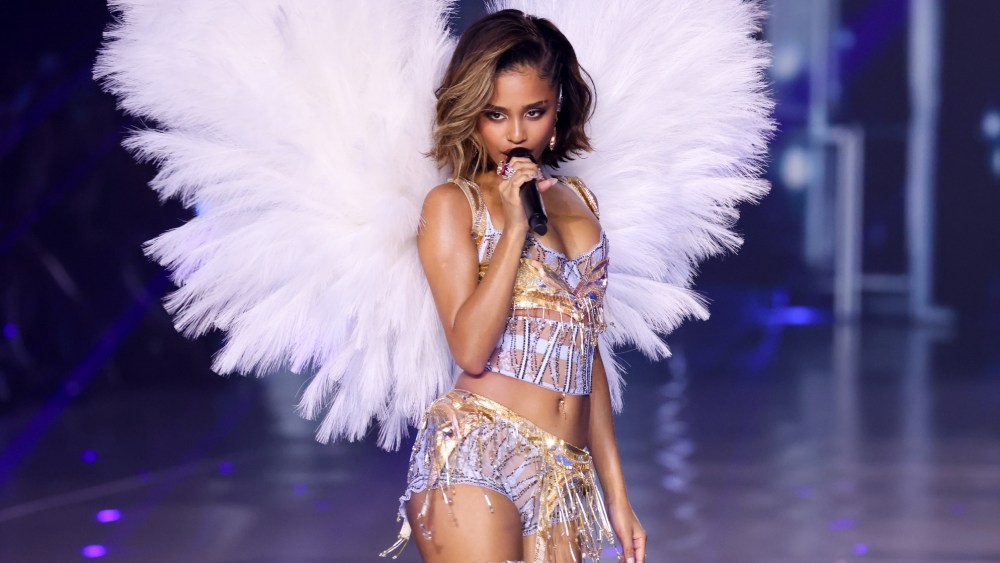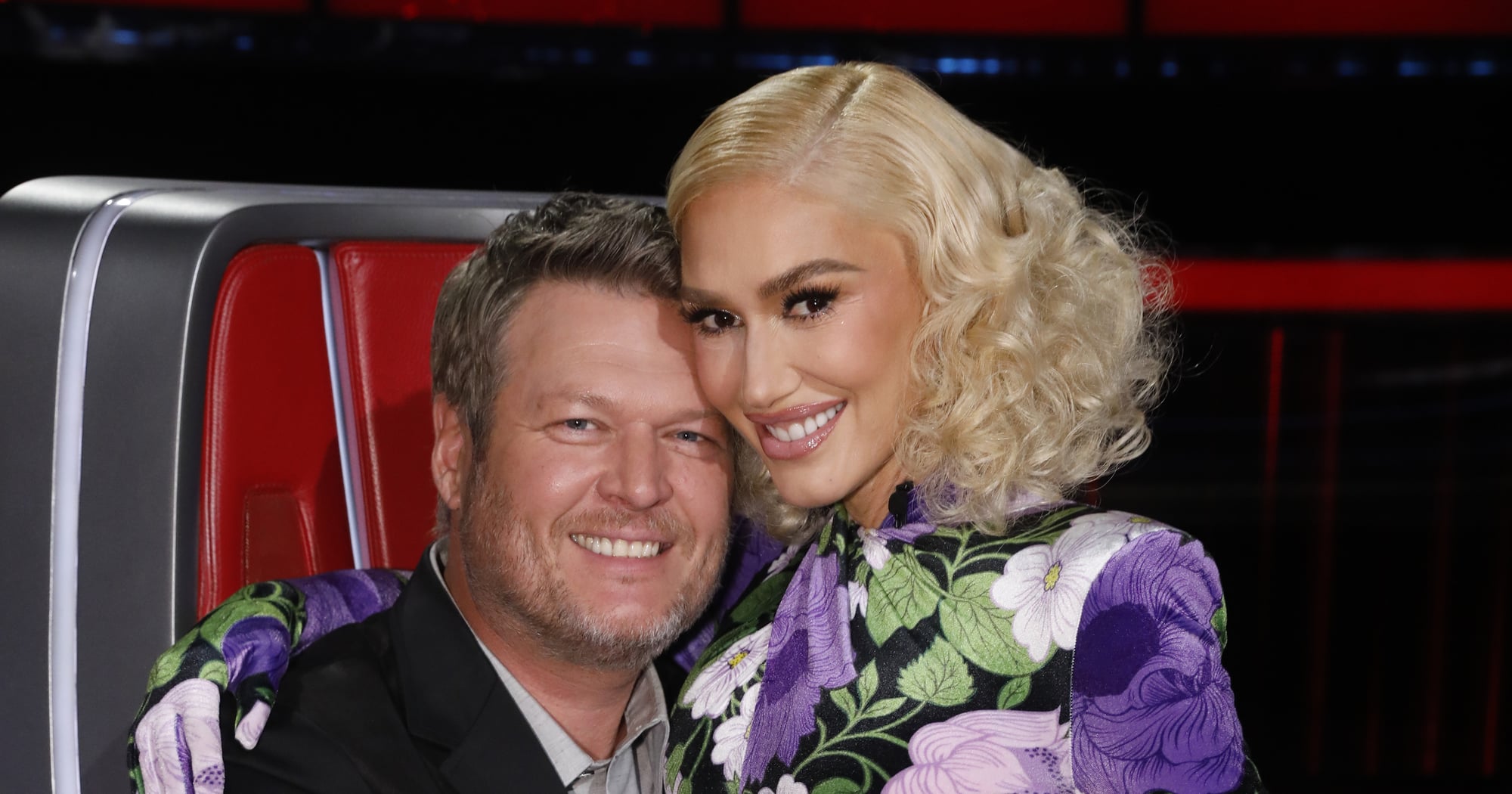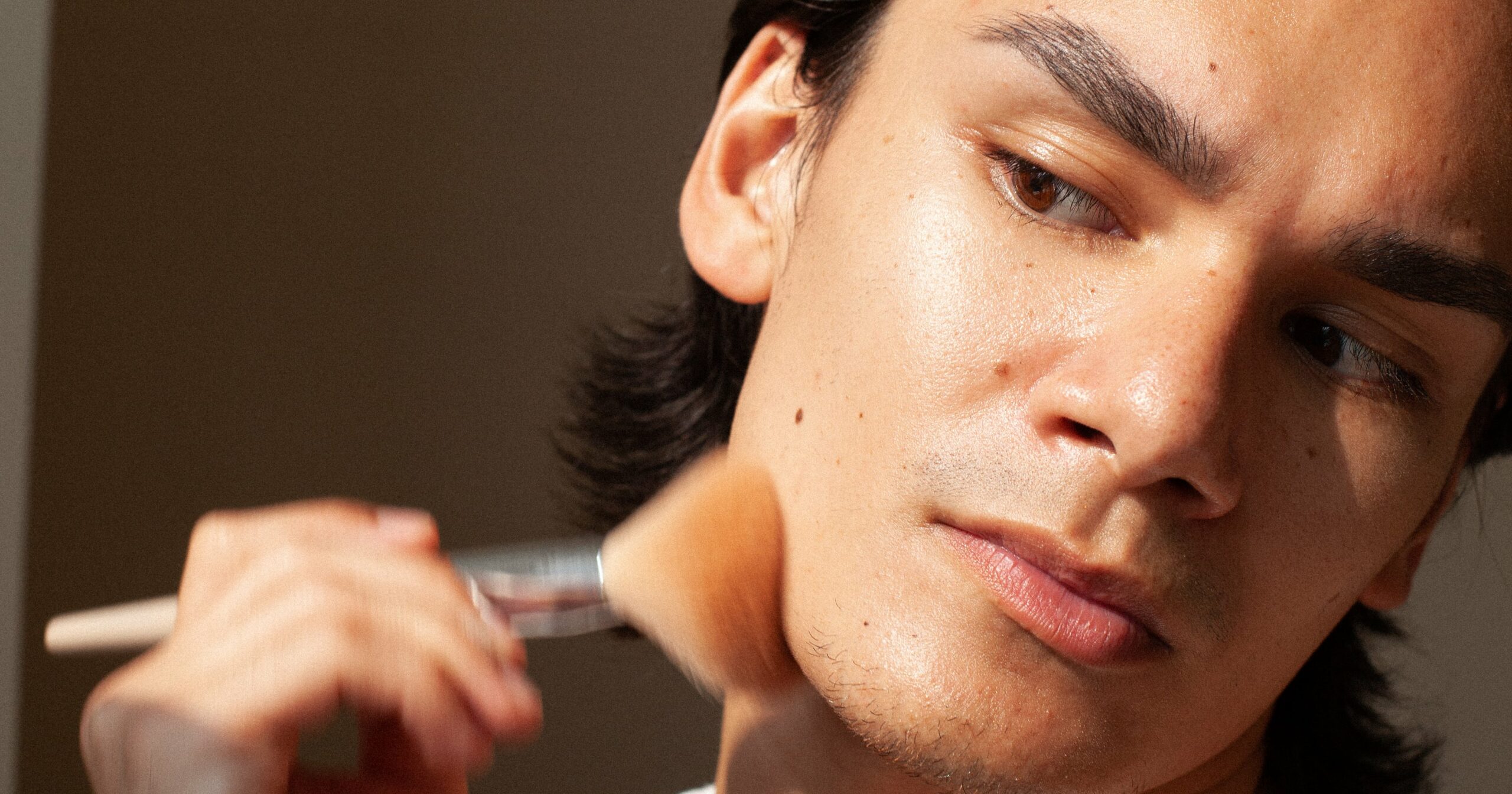The Hillary Super era at Victoria’s Secret & Co. has begun.
And while Wall Street remained cautious on the company’s stock, Super’s first quarterly report as chief executive officer showed some signs of improvement and included a better outlook for the year.
Third-quarter net losses narrowed to $56.2 million, or 71 cents a diluted share, from $71.2 million, or 92 cents, a year earlier.
And adjusted losses tallied 50 cents a share, better than the 62 percent deficit projected by Wall Street, according to Yahoo Finance.
But investors are waiting for more and the company’s stock slipped 0.5 percent to $42.80 in after-market trading on Thursday.
You May Also Like
Sales for the quarter ended Nov. 2 increased 6.5 percent to $1.35 billion from $1.27 billion. The business saw midsingle digit growth in North America and a more than 20 percent increase internationally.
“Our sales performance was well ahead of our expectations, and our best quarterly sales growth since 2021,” said Super, the former Savage x Fenty executive who took the reins in September.
“Our strength for the quarter was broad based across all regions, all channels, all major merchandise categories and importantly all brands — Victoria’s Secret, Pink and Adore Me — were up to last year,” the CEO said in a statement. “We won the major moments during the quarter, starting with Pink back to campus in August, followed by our VSX sport launch in September and finishing the quarter with the return of the VS Fashion Show in October.”
She said the results were “powered by emotional products” that consumers love and “clear, elevated brand marketing and storytelling.”
“Our strength in sales and disciplined inventory management translated to strong margins which were up to last year, and our teams continue to be relentless on controlling costs in our business,” she said.
Victoria’s Secret raised its outlook for the year and is now calling for a sales increase of 1 to 2 percent, compared to the 1 percent decline previously forecast.
Adjusted operating income is now pegged for $315 million to $345 million, up from the $275 million to $300 million expected earlier.



